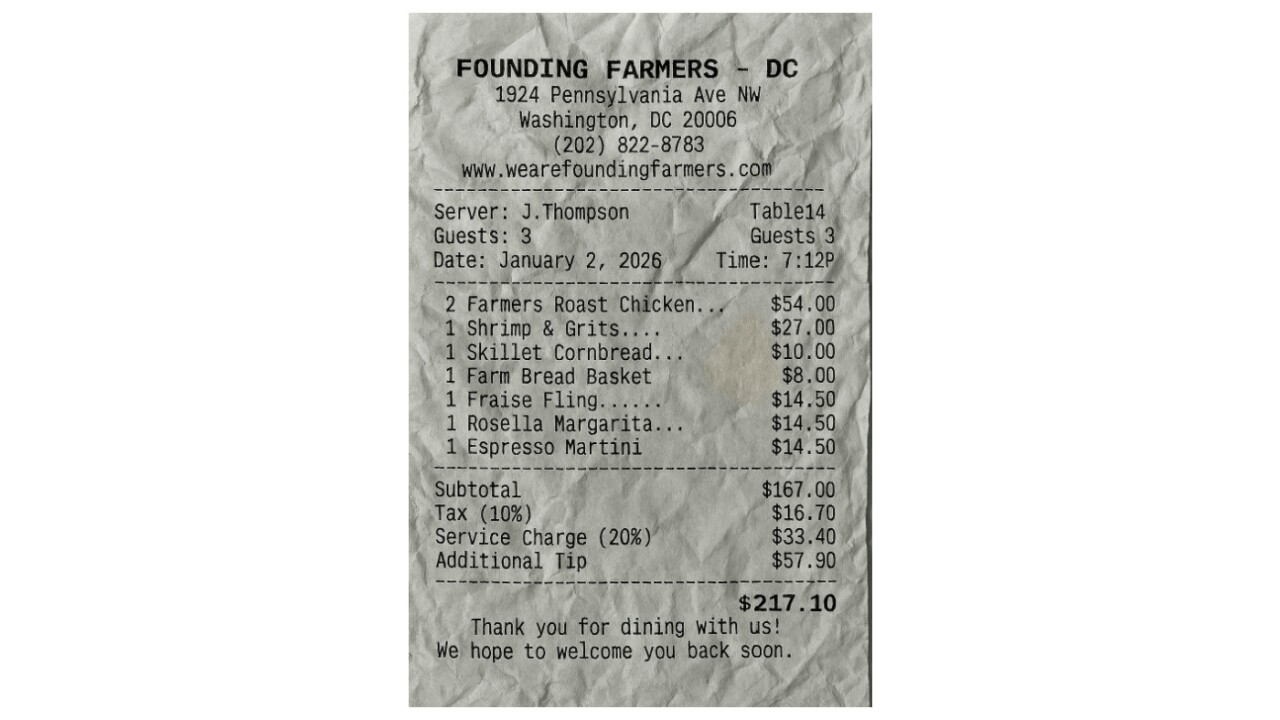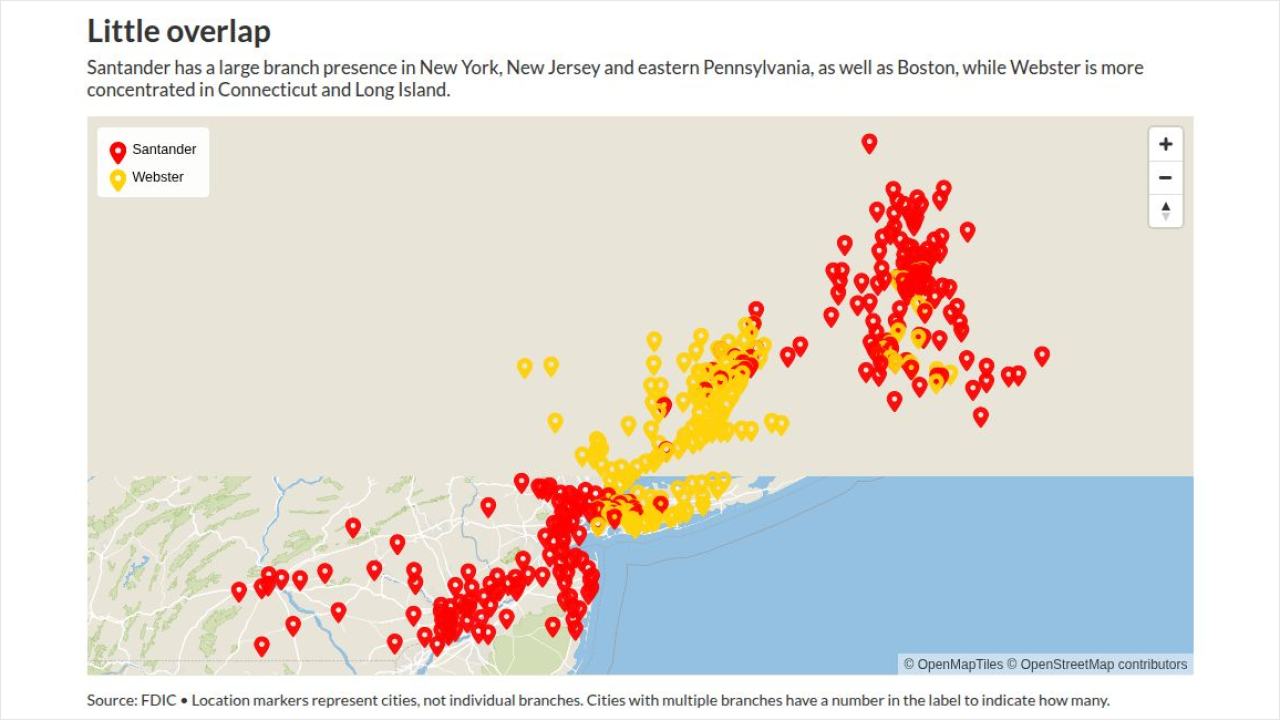Reserve Bank of New York. Now, as he prepares to retire, the bank's top supervisor says he would never trade what his career has given him: a front-row seat on a dramatic evolution in financial services.
Processing Content
Mr. Feldberg has headed the New York Fed's examination force since being named executive vice president for bank supervision in January 1991. At yearend, he will pass the baton to a 25-year veteran, William L. Rutledge.
Chatting Thursday in his office in the New York Fed's headquarters building near Wall Street, Mr. Feldberg looked back on a tenure in which he has seen the banking industry rebound from deep loan losses and capital erosion. "We have seen the definition of banking grow and grow to include all kinds of financial-related activities," he said.
That growth, in turn, has forced a transformation in bank supervision. Over the past decade, he said, examiners have had to deemphasize reviews of transactions and focus on "what the key risks in an individual institution are. And I don't care which two institutions you want to compare -- those risks are going to be different."
By dint of position and personality, Mr. Feldberg has been one of the most influential policymakers in the Federal Reserve System. He oversees a supervision force of 600, including 400 examiners, serves on the Basel Committee on Banking Supervision, and knows the inner workings of some of the most complex and sophisticated U.S. and foreign financial institutions, many of which the New York Fed supervises. Yet Mr. Feldberg has determinedly remained behind the scenes, seldom speaking out in public or giving interviews.
"He's dynamic but very careful," said Richard M. Whiting, executive vice president of the Financial Services Roundtable. "He really fits into that image of what a central banker should be."
Mr. Feldberg can undoubtedly trace his bias for keeping a low profile to the 10 years he spent running the Fed's discount window in the 1970s and 1980s. The job required total discretion -- and reinforced Mr. Feldberg's conviction that life at the Fed could be a real adrenaline rush. He worked on the Lockheed and Chrysler loan guarantees, the New York City financial crisis, the Third World debt crisis, and the savings bank crises in New York and Ohio.
Though he had to extend credit in only one of those episodes, he relished the role he played on the big issues confronting the financial system. "For many of us, it is an addiction," he said.
He and Mr. Rutledge strive to convey that sense of excitement to their troops of examiners, who can be hard to retain beyond about three years. Turning to Mr. Rutledge, he said the best way to do that is to "turn them into crisis managers or junkies, like the rest of us," and got a hearty nod of assent. The two men, colleagues for more than a decade, exhibit a friendly respect for one another. "With 25 years at the bank, Bill's very well prepared for this supervision job," Mr. Feldberg said.
Mr. Rutledge, who had been a senior vice president for bank supervision since 1992, will be taking over just as an era begins. The financial modernization bill that would tear down barriers separating banks, insurance companies, and securities firms is poised for enactment. A transformation in financial services would place new demands on examiners but would also give them a big role in the evolution of a new type of industry.
As an examiner, "you're out there learning, contributing value, and contributing to what may be policy response to developments that are taking place in private industry," Mr. Rutledge said.
Among the areas most likely to change as diversified financial companies emerge are capital standards, a perennial moving target for banking regulators, Mr. Feldberg said. "At the moment, we are focused on bank supervision and bank capital. How do you require capital in the context of a broader financial services company? We don't know all the answers."
As a member of the Basel committee, Mr. Feldberg has been at the center of efforts by bankers and supervisors to assess new risks, and he admits the capital accord is imperfect. "If a loan to a triple-A company gets the same capital charge as a loan to a start-up Internet company, where are you going to put the money if you're a lender or investor?" he said.
He said the Basel committee deserves credit for addressing market risk in 1995 and for its current effort to "make the accord relevant in 2000 and beyond. This is a world that is changing as fast as we can say it is," Mr. Feldberg said.
Sometimes too fast. For instance, in the early 1990s, Congress expanded the New York Fed's oversight of foreign financial institutions' branches and agencies before enough examiners could be added to monitor them, and "there were some hiccups along the way."
"We ended up having essentially to double our work force as a result of one line in the legislation," Mr. Feldberg said. Meanwhile the New York Fed came under fire for not heading off a trading scandal at Daiwa Bank.
Still, he said, the reserve bank has a unique advantage in monitoring banking companies: Its charges include some of the most cutting-edge financial institutions in the country, if not the world.
Mr. Feldberg recalled a 15-minute presentation he made to the Basel committee three years ago, before the phrase Y2K was on everyone's lips. He reported that major banks in his jurisdiction had identified the century date change as a possible trouble spot for operations.
One of his European counterparts piped up first to praise Mr. Feldberg, then to declare that he was dead wrong on this matter. "There is no Y2K problem," the bank supervisor said, citing his experience in bank automation. As Mr. Feldberg recalled it, "he went on and on and totally undermined the impact I was trying to make."
Not too long ago, Mr. Feldberg got a copy of the new Y2K policy for his counterpart's nation. Attached, he said with evident satisfaction, was a simple note: "You were right."





